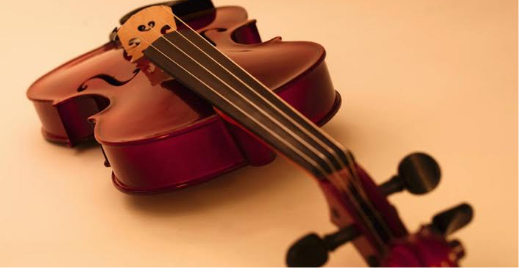The power of music to soothe the mind is well accepted. Here’s why…
Haven’t we noticed that light, soothing music, playing in background, in doctor’s waiting rooms, office recreation rooms, parlours, hospitals, operation theatres, restaurants? Don’t we prefer soothing music inside our cars? Most speakers, just before they take the podium, are mumbling some favourite song of theirs to relax. Similarly thousands of women perform their routine chores with some music playing in the kitchen.
Music has a unique link to our emotions and can be used as an extremely effective tool for managing stress. Why? Because it does relax us. We cannot deny the fact that listening to light instrumentals/ vocal music as we work does soothe our nerves. And if we can use music in day-to-day life, why can’t we think of music as a form of therapy when stressed?
Let’s sing, listen to or play music and create joy within us and de-stress ourselves!
Listening to music has a tremendously relaxing effect on both our minds and bodies, especially slow, quiet music (be it classical, instrumental or vocal). This type of music has beneficial effects on body’s most important physiological functions especially those that are adversely affected by stress; it slows the pulse (heart) rate, lowers blood pressure and also reduces the levels of stress chemicals.
Playing of a musical instrument is still better. Scientifically any art form, including music, involves right brain activity, while the logical thinking, mathematics all involve the left brain. Playing an instrument involves mind, eye & finger co-ordination which involves the left brain. Hence there is both left & right brain development. Learning to play an instrument is not only relaxing but also good for brain power, memory, social skills, confidence and creativity. It also helps develop motor skills, as it improves hand-eye coordination.
Music therapy, which must be individualized, can be used with kids, teenagers and adults; it can also be used in those affected by age-related conditions such as dementia. Parkinsonism and Alzheimer’s disease.
Most importantly, in today’s rat race, music has therapeutic value in de-stressing. We recommend going to the beach to just listen to wind or waves; light music is of great help in inducing sleep. Meditation or art of focusing can be applied here if one either learns to play an instrument or sing. Even mumbling when you hear to music can help focus on good things in life.
Insert image
Music therapy serves as a complement to other therapies being administered with the singular aim of increasing emotional and social functioning.
Dr Suman Rao, an MBBS, 20 years of practice in family medicine, has won awards for presenting papers on cases and over 5 years of training claims accessors on cases.





I agree. Music is a great stress-buster. Also it has high motivating / inspiring ability. I have experienced the power of music in mind-control workshops where-in inspirational songs make a significant impact to our minds and take us to new heights of confidence and fulfilment. It truly works like magic!!.